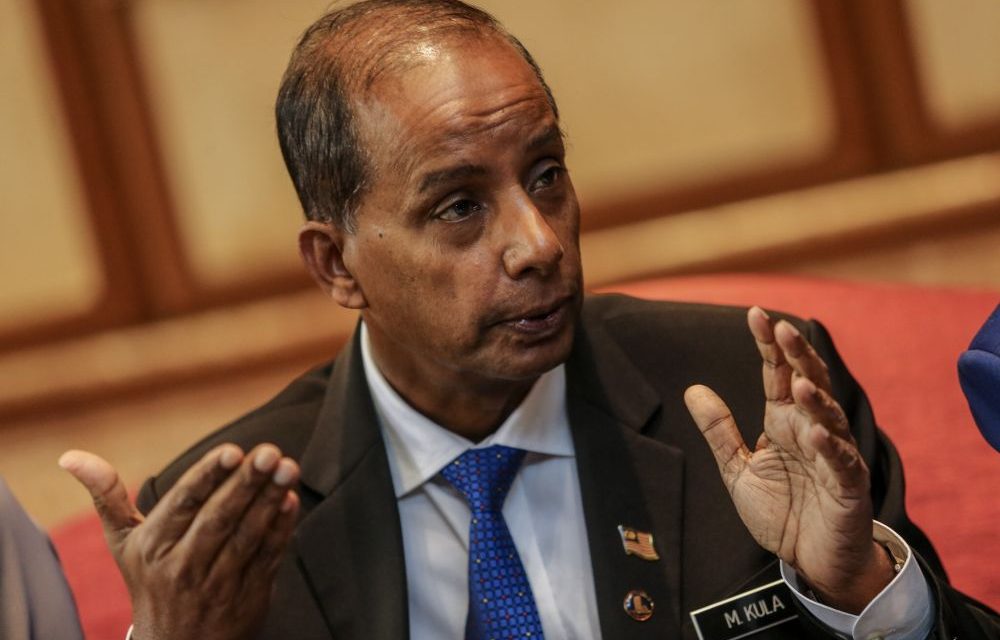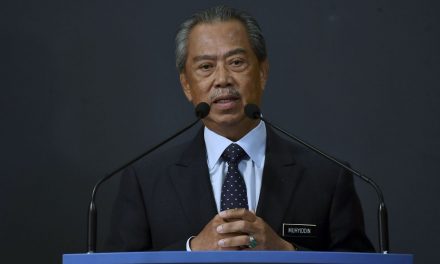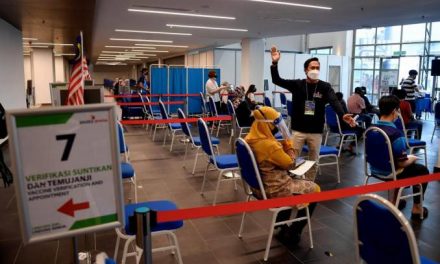KUALA LUMPUR | Employers in industrial sectors are required to provide centralised accommodation for their employees under a Bill that was tabled in the Dewan Rakyat.
Previously, the Workers’ Minimum Standards of Housing and Amenities Act only compelled employers of estate workers to provide accommodation.
The proposed amendments to the Act will now make it compulsory for employers in all industrial sectors such as plantation, construction and manufacturing, including hi-tech industries, to provide centralised accommodation.
This is in compliance with international standards for developing countries with regard to workers’ accommodation and in line with the International Labour Organization.
Human Resources Minister M. Kulasegaran tabled the Workers’ Minimum Standards of Housing and Amenities (Amendment) Bill yesterday for its first reading.
The changes to the law are aimed at ensuring sustainable economic growth for the country and attracting foreign investment, particularly in the high-tech industries.
However, a clause in the Bill states that employers will be allowed to collect rent or any charge related to the accommodation.
This shall be collected via deduction from the wages.
Under the current law, these workers are not required to pay rent for any housing facility.
Employers are also not bound to provide accommodation for their employees’ dependents.
However, the Bill will seek to compel them to provide a nursery if the employees collectively have at least five dependents under the age of four living with them.
(Presently, a nursery is required when employees have at least 10 dependents under four.)
A proposed new section outlines the duties and responsibilities of the employer and the centralised accommodation provider.
They include taking measures on fire safety and containing the spread of infectious diseases.
Another amendment is to increase the penalty in relation to the duty of the employer or resident manager to provide transportation for sick workers to hospital.
Currently, it is a fine of RM2,000 and a further fine of RM100 a day for each day the offence continues.
It is now proposed that the fines be increased to RM50,000 and RM1,000 for each day of the offence.
The resident medical practitioner or the resident manager is also required to isolate and report suspected cases of infectious diseases.
Sabah and Sarawak have agreed that the corresponding laws will be provided in their respective Labour Ordinance.









